Category : India
Nov 12, 2020 | Announcements, India, News, Social Enterprise
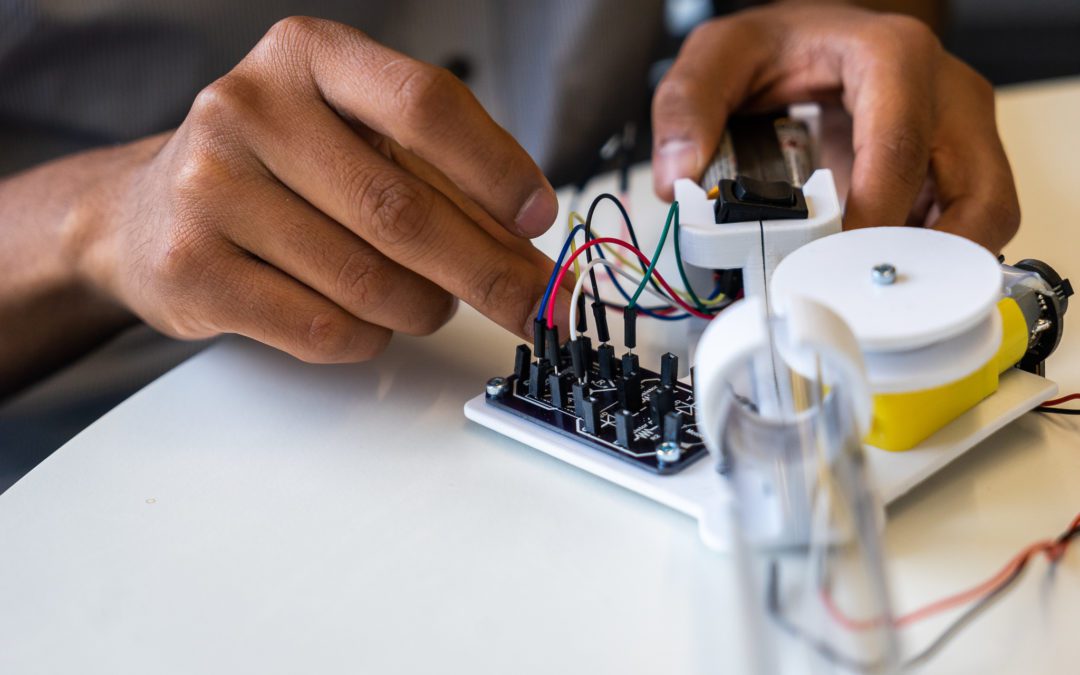
The education system in India relies heavily on traditional ways of teaching. However, evidence suggests that active, exploratory learning rather than traditional knowledge–sharing has a more constructive impact on academic performance, creating more motivation and ongoing interest in the subject as it puts the student in direct contact with the learning materials. The Soft Robotic Toolkit, part of the Mittal Institute’s Multidisciplinary Approach to Innovative Social Enterprises supported by Tata Trusts, uses active, hands-on pedagogy to provide cutting edge, high-quality STEM learning.
Nov 5, 2020 | Announcements, Arts Program, India, News, Partition

Recently, the Mittal Institute teamed up with the Peabody Essex Museum for a discussion on “Partition’s Legacy: South Asian Art on the Line.” Post-independent South Asia is depicted in many forms, with the intent to make sense of its complexities. After the Partition of the subcontinent along the Radcliffe Line, the socio-political ruptures and conflicts that ensued created numerous questions.
Nov 5, 2020 | Announcements, Community, India, Nepal, News
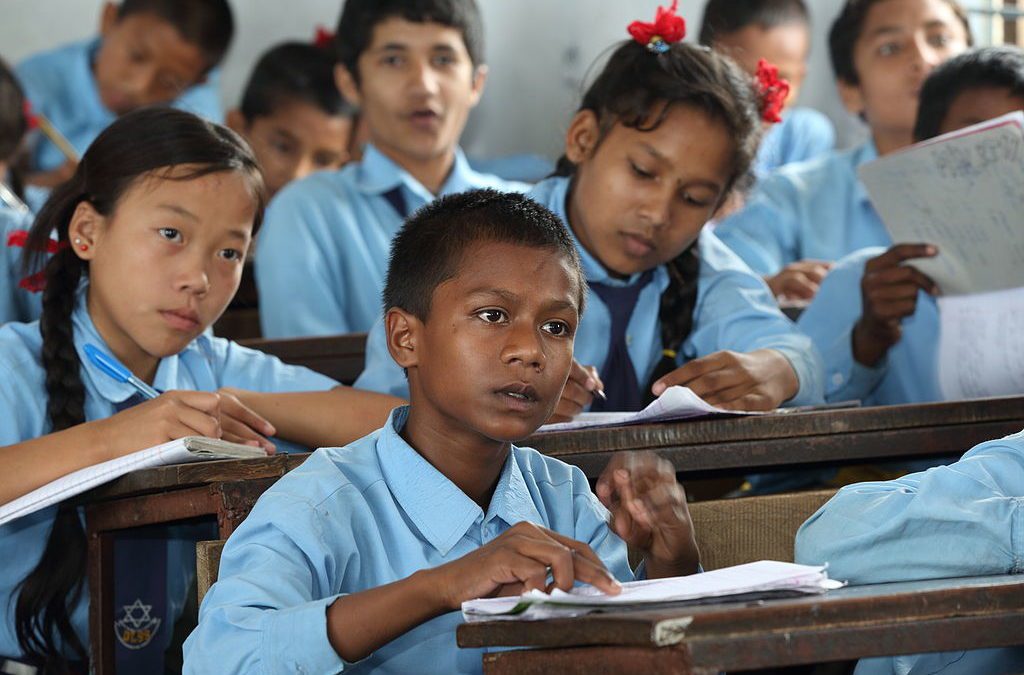
Education has been hit hard by the COVID-19 pandemic as a record number of children are not attending schools due to lockdowns and social-distancing protocols in effect across the world. The crisis has also laid bare the many inequities and inadequacies in the existing education systems around the world, and especially in South Asia. We spoke with Nishant Pandey, the CEO of American India Foundation (AIF), and Rumee Singh, the Founder of Katha4Nepal — two distinguished organizations that have accomplished remarkable work in the field of education delivery during the pandemic.
Oct 29, 2020 | Announcements, In Region, India, News, Social Enterprise
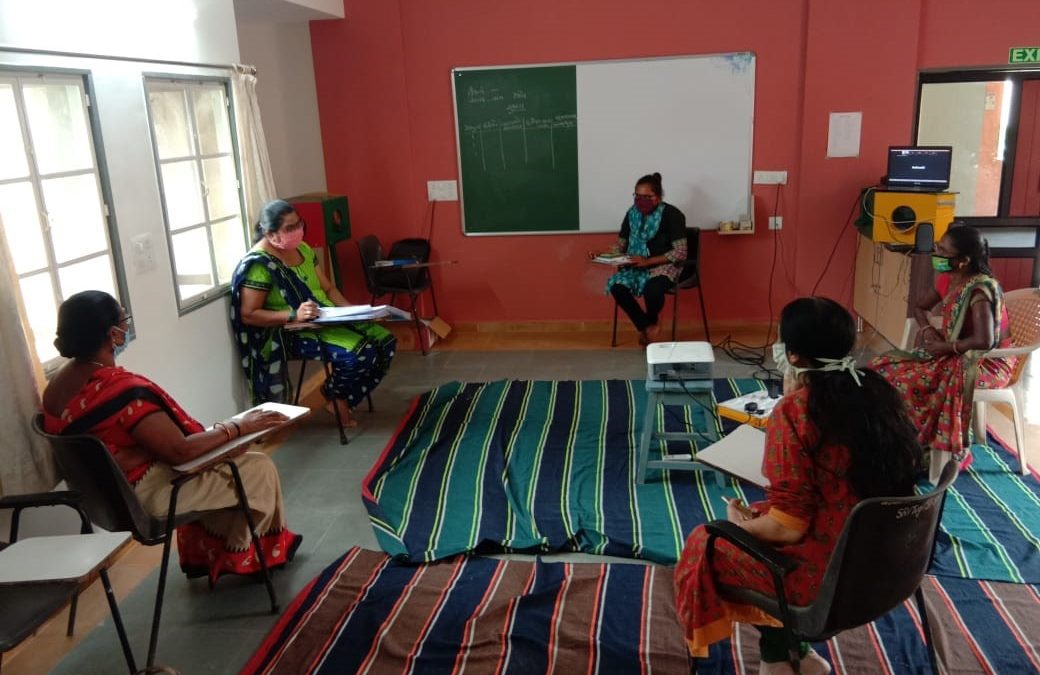
Even though mental disorders contribute significantly to the burden of illness in India — making it a nationwide public health priority — most of those affected do not receive evidence-based intervention. In low- and middle-income countries, such as India, non-specialist workers are key in providing healthcare to rural areas. Growing evidence demonstrates that with appropriate training and supervision, they can effectively deliver brief psychological treatments for mental disorders. However, the efforts to scale up these initiatives are prevented by a heavy reliance on the traditional methods of face-to-face training and supervision.
Oct 21, 2020 | Announcements, Faculty, India, News

We spoke with Vikram Patel, the Pershing Square Professor of Global Health in the Department of Global Health and Social Medicine at Harvard Medical School, to learn more about the status of mental health in India and South Asia at large, both before and during the pandemic.
Oct 15, 2020 | Announcements, Community, In Region, India, News
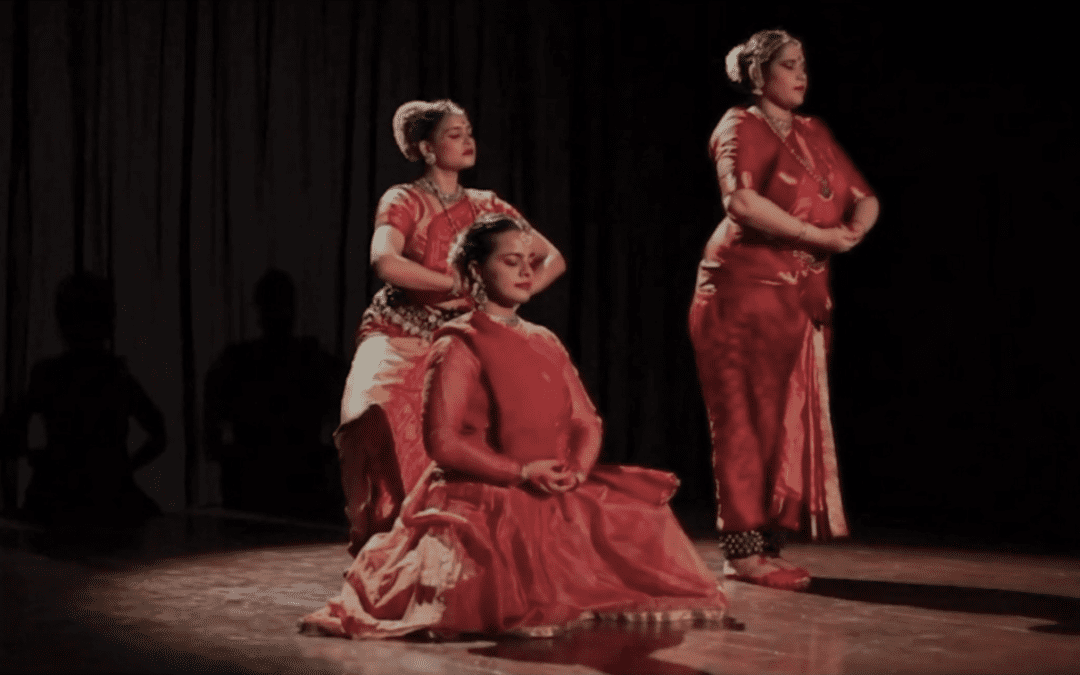
Art is known to transcend barriers and boundaries, binding people across race, religion, and geographies. Dance holds the unique power of bringing relief into a world struggling under the gloom of uncertainty. However, the physical restrictions placed on performers due to the ongoing pandemic have enforced a radical re-imagination of the ways in which dance culture can be practiced and disseminated across the world. Last week, as part of the Harvard Worldwide Week, dance teams representing three global centers and institutes of Harvard University convened to present a program called “Channels of Expression in Times of Change: Music and Dance Across Continents.”
Oct 8, 2020 | Announcements, In Region, India, News, Pakistan, Students

Each year, the Mittal Institute’s Seed for Change (SFC) competition for Harvard students aims to develop a vibrant ecosystem for innovation and entrepreneurship in India and Pakistan. Grant prizes are awarded to interdisciplinary student projects that positively impact societal, economic, and environmental issues in India and Pakistan. As a result of COVID-19, we have all had to make adjustments to our daily lives, and Harvard students are continuing to learn in new and creative ways. In light of this, the Mittal Institute recently offered SFC Exploratory Grants to students who are currently working on ideas or a project that addresses intractable problems in India and Pakistan.
Oct 1, 2020 | Announcements, India, News, Students
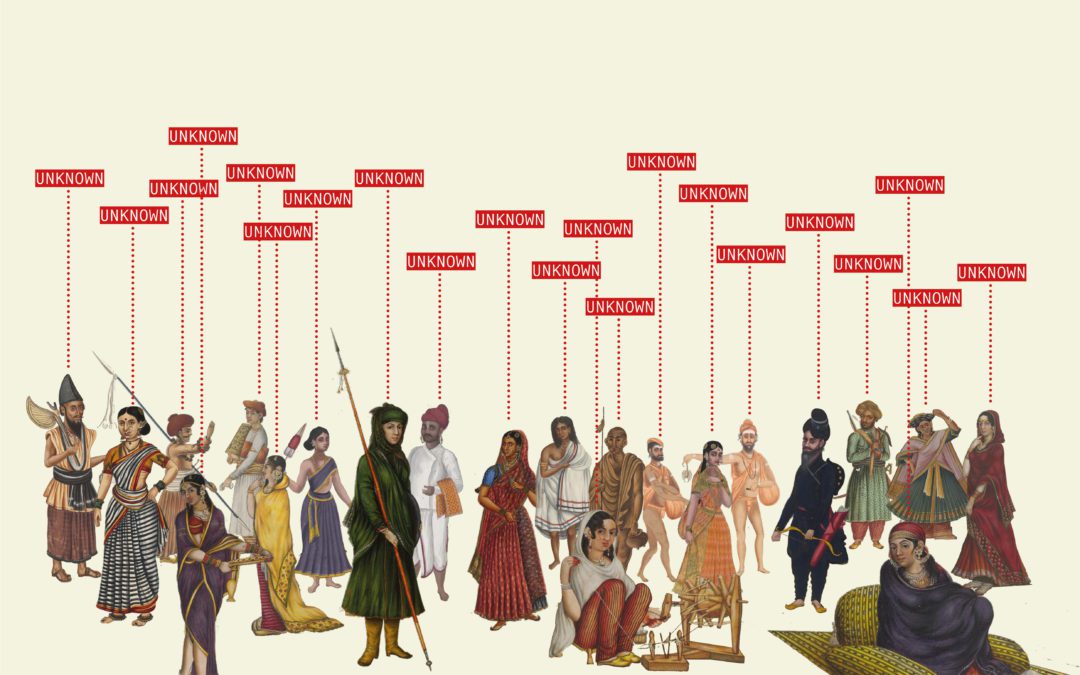
By Divya Saraf. This past summer, with COVID-19 restrictions in place, I utilized the research grant awarded to me by the Lakshmi Mittal and Family South Asia Institute to investigate the postcolonial effects of the so-called “Company Painting” style, which was developed in the Indian subcontinent over the 18th and 19th centuries under the “patronage” of the British East India Company. The paintings were a result of British attempts to survey, record, and display Indian culture for British citizens, and the paintings have been instrumental in shaping public perceptions of India abroad.
Sep 23, 2020 | Associates, Fellows, In Region, India, News

We spoke with Raile Rocky Ziipao, a multidisciplinary researcher, development practitioner, and former Raghunathan Family Fellow at the Mittal Institute. He is currently tenured at the Central University of Punjab, and has recently published a book entitled “Infrastructure of Injustice: State and Politics in Manipur and Northeast India.” Raile’s research delves into the dynamics of infrastructural development in northeast India, especially in his home state of Manipur, from a socio-anthropological perspective.
Aug 27, 2020 | Announcements, Faculty, India, News

The China-India relationship is one of the keys to international security, the future of Asia, and the well-being of nearly 3 billion people, and recent border tensions between the two powers perpetuate the potential for conflict. But while these small clashes continue, the two countries have also built a system of cooperation to manage their conflict and larger rivalry. We spoke with Professor Miller to learn more about the China-India relationship, the opportunities to manage conflict, and the steps forward.
Aug 14, 2020 | Announcements, Faculty, Fellows, In Region, India, News

On August 15, Prime Minister Modi will announce India’s National Digital Health Mission — underpinned by the Personal Health Record design that was proposed by India Digital Health Network (IDHN) collaborators at a Radcliffe Seminar in 2016. IDHN is a Harvard-wide research and policy collaborative that works with public and private sector partners in India to advance meaningful health data exchange with the intent to improve clinical care and population health.
Aug 14, 2020 | Announcements, Faculty, In Region, India, News

Recently, the internationalization of higher education has been deeply impacted by the twin forces of the COVID-19 pandemic and international politics. While resurgent nationalism and xenophobia around the world had already cast doubts on the importance of a globalized system of higher education, the pandemic has only added to the conundrum by imposing restrictions to the normal movement of people within and between the world’s universities.












